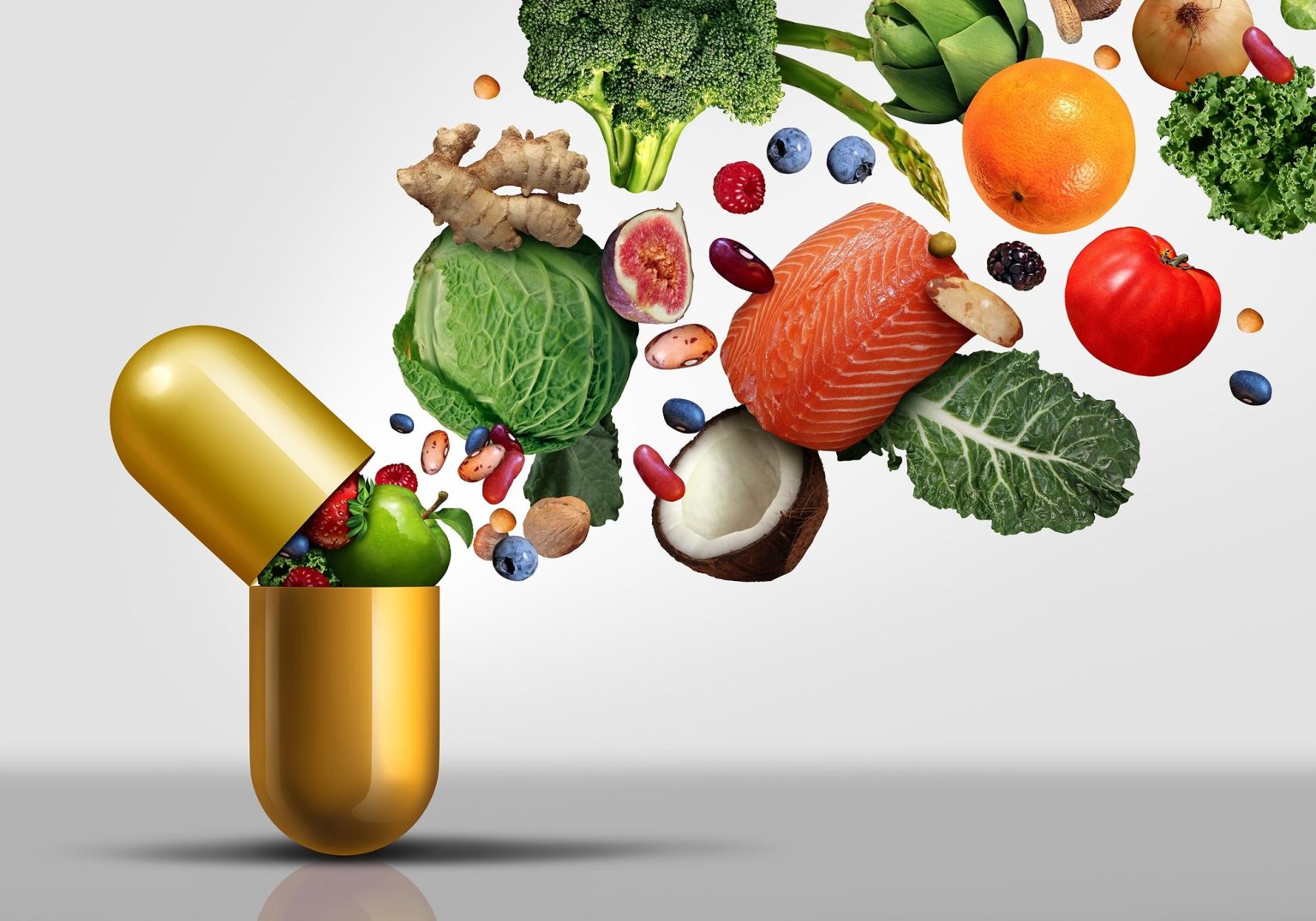Many Nutritional Supplements Fail To Deliver What They Promise
By CHRISTINA HOPPENBROCK,
UNIVERSITY OF MÜNSTER
Food supplements are available in a lot of places – in drugstores, health food shops, pharmacies, and on the Internet – and the market is booming. Many of these products contain plant extracts whose ingredients are supposed to have healthy benefits – provided they do actually contain what they claim. Because nowhere near all of these so-called botanicals deliver what they promise.
“Over the past few years there have been increasing indications that some of these botanicals have huge quality deficiencies,” reports Prof. Andreas Hensel from the Institute of Pharmaceutical Biology and Phytochemistry (IPBP) at the University of Münster.
For example,
there may be reduced content levels, or sometimes products are found which have
no active ingredients, or they contain questionable, undeclared ingredients.
The IPBP is carrying out its own scientific studies as part of a long-term
project on assessing the quality of food supplements. The complex, validated
analytical methods being used are oriented towards protocols such as are also
routinely used for drug trials.
In summing up his findings, pharmacist Andrea Hensel says: “Some of the results we have published so far confirm that there are alarming quality deficiencies. For example, there were clear quality problems in more than 50 percent of all broccoli extract supplements tested which are used to prevent cancer.”
Specifically, the researchers demonstrated that certain glucosinolates
(mustard oil glycosides) which are supposed to prevent cancer were present in
less than half of the samples according to the declaration. In some cases, no
traces at all could be found of the specific glucosinolates.
 |
| Food supplements made from blueberries were attested by the Münster team as having “catastrophic quality deficiencies.” |
Another study on food supplements from blueberries showed “catastrophic quality deficiencies” in some cases, reports food chemist Dr. Matthias Lechtenberg, a senior assistant professor at the Institute and an expert on the analytics of natural substances.
Blueberries – or, more exactly, the anthocyanins and tannins they contain – are traditionally used in medicine for example in the treatment of severe diarrhea.
In addition to products which had no traceable quantities of blueberries or only very low quantities of anthocyanins and tannins, the researchers also found samples of food supplements that had been adulterated with anthocyanins from other botanical sources.
Andreas Hensel is convinced that food supplements are not, in
themselves, bad. The problem he says, is the inadequate quality control. In
contrast to medicines, which are subject to strict, continuous quality tests,
food supplements are governed by food law. The manufacturers’ responsibility is
merely to make random checks of their products. “Strict analytical checks on
the part of the food control authorities are hardly ever carried out, one
reason being the lack of personnel.”
In a position paper in which Andreas Hansel is also involved, the German Society for Phytotherapy calls for measures defining a demarcation between food supplements and herbal medicinal products – because for consumers the difference is often not easy to recognize. For example, food supplements are available as tablets or as a solution and, according to the declaration, sometimes contain the same herbal ingredients as some medicines.
What is not transparent for consumers is the fact that, in contrast to medicines, quality is not always assured in botanicals, especially as many manufacturers advertise the positive effects on health – which are sometimes not proven.
“There is an
EU directive,” says Hensel, “which states that such claims for food supplement
botanicals may only be made when the European Food Safety Agency considers such
claims to be scientifically proven through studies involving healthy people. In
practice, however, this directive is not complied with.”
Nor is it always clear that food supplements are meant to offset
deficits in healthy people’s nutrition. “The uncontrolled use of food
supplements can cause enormous damage to the health of people with serious
illnesses,” says Matthias Lechtenberg. “This has been documented for green tea
products consumed by cancer patients.” These high-dosage products, designed to
protect healthy people from getting cancer, can, in the case of cancer
patients, trigger life-threatening liver failure.
Andreas Hensel and his team have confronted manufacturers with their results. Some, he says, were horrified at the bad results produced by the analyses and were keen to discuss them. Some maintained that the researchers’ results were wrong. The most frequent reaction was no response at all. “Discussions with manufacturers often get nowhere,” Hensel reports.
“One
example was when we notified a manufacturer of a massive quality deficiency – a
blueberry product was almost completely lacking in active ingredients. The
manufacturer’s reaction was to advertise the product using the slogan ‘buy two,
get three’ in order to make a quick sale of the batch we had criticized.”
